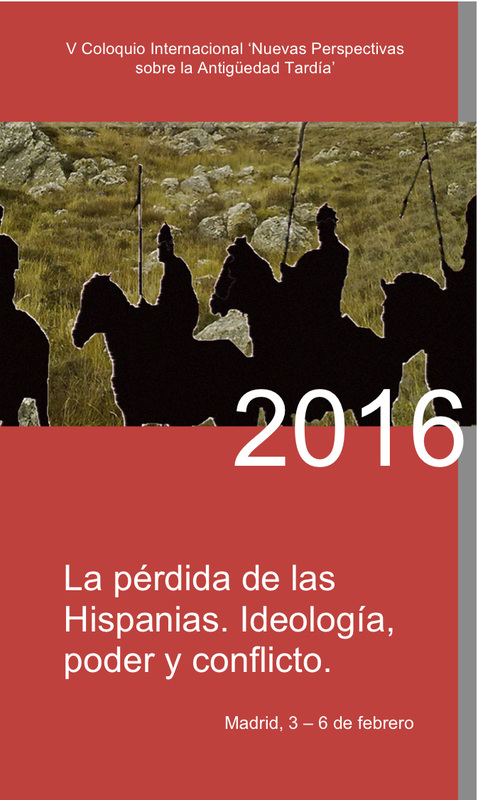The International Congress of Medieval Studies, hosted by Western Michigan University’s Medieval Institute, is an annual gathering of around 3,000 scholars interested in medieval studies. It is a sort of Mecca for any medievalists, who are encouraged to attend it…at least once in an academic life time!
The congress features 550-575 sessions of papers, panel discussions, roundtables, workshops and performances.
Dr Jamie Wood and I were involved in some of those sessions.
Dr Wood presented a paper on ‘Formative Spaces: Making Female Ascetics in Early Medieval Iberia’ in a session on Enclosure, Transgression, and Scandal in Medieval Nunneries. The session included also Victoria Kent Worth (Univ. of Massachusetts–Amherst), Michelle Herder (Cornell College) and Laura Cayrol-Bernardo (University of Paris).
Simultaneously, I was delivering my paper on ‘Kings in Each other’s eyes: Alfonso X of Castile and James I of Aragon. Regulating Emotions’ in a session entitled ‘Affect and Emotions II’ which was part of a series, which also included a conclusive roundtable for discussion. These three sessions were extremely productive, thought-provoking and good fun! Scholars who contributed to the panels, organized by Prof Simon Doubleday (Hofstra University), were: Alicia Miguélez (Universidade Nova, Lisbon), Emily Francomano (Georgetown Univ), Miriam Shadis (Ohio Univ.), Henry Berlin (Univ. at Buffalo), as well as Sarah McNamer (Georgetown University), who led the roundtable.
Dr Wood and I also had the chance to attend a lovely dinner organized by IMANA (Iberomedieval Association of North America), which gave us the opportunity to meet over 70 colleagues working on Medieval Iberian Studies across the world.
Excellent experience overall!









